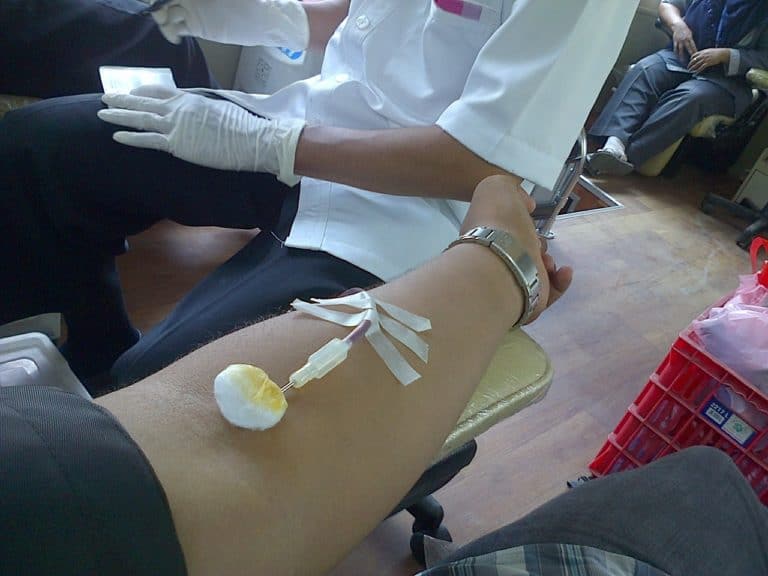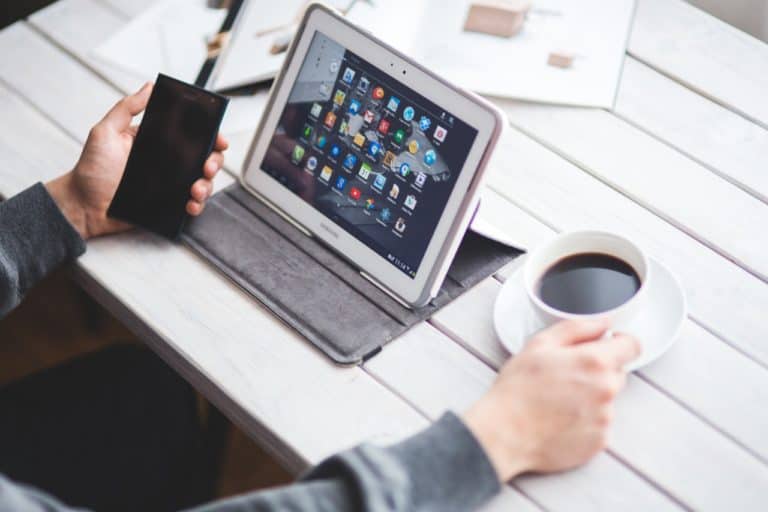When men are deciding which prostate cancer treatment to choose, one of the things to consider might be which questions to ask about Provenge. It’s a good idea to conduct your own research of possible treatment options, but you should also be prepared with questions to ask and discuss with your healthcare provider. Here are some questions to ask about Provenge of your doctor.
Am I eligible to take Provenge?
Key among the questions to ask about Provenge is whether you are eligible to take it. The answer is “yes” if you meet the following criteria, which have been established by the Food and Drug Administration (FDA).
- You must have no symptoms or minimal symptoms of prostate cancer. If cancer pain is present, it must be mild enough to be treated with non-narcotic drugs.
- You must have tried hormone therapy and experienced a worsening of the cancer. This is known as hormone resistance.
- The cancer must have spread beyond the prostate to the bones or lymph nodes, but not to the brain, lungs, or liver
- You must not have received chemotherapy within the past three months
- Your doctor will consider your overall health, and only a physician can decide if you are eligible for Provenge.
In the future, it is possible Provenge will be approved for use in men who have early prostate cancer if studies that are now underway prove it can be beneficial.
What’s the main difference between Provenge and other drugs for metastatic prostate cancer
One big difference between Provenge and other drugs for metastatic prostate cancer that has resisted hormone therapy (i.e., Zytiga [abiraterone], Xtandi [enzalutamide]) is that Provenge is an immunotherapy. That means it helps the immune system fight prostate cancer rather than acts to kill cancer cells (and healthy cells as well), as chemotherapy does, or stops production of hormones, as both Zytiga and Xtandi do. In addition, Zytiga must be taken along with a steroid (prednisone), which can weaken the immune system.
How long might Provenge extend my life?
In clinical trials, Provenge was shown to extend life by an average of 4.1 months. That is, men who took Provenge lived an average of 25.8 months compared with 21.7 months in men who took placebo. The 4.1 months is only an average, and your results could be more or less.
How long does treatment with Provenge last?
Treatment with Provenge takes only 4 to 5 weeks, and you will need to take only three doses by infusion. Provenge is not like most other drug treatments, however. Each dose is specially prepared from your own blood cells, which are collected several days before you receive your dose. Therefore, you must visit your doctor or a treatment center on six different occasions: three times for cell collection so technicians can prepare your Provenge dose from your donated blood cells, and three times for dosing.
How does the blood collection process work?
To make your personal doses of Provenge, technicians must treat some of the immune components in your blood. On three separate occasions, you must visit a blood collection facility to undergo leukapheresis, which is a fancy name for this blood collection and processing technique. A technician will place an intravenous line into your arm, and for 3 to 4 hours your blood will be collected and processed through a machine that will gather the necessary immune factors. The blood is then returned to your body. The collected immune cells are sent to a lab, where they are treated with a substance that enables them to attack prostate cancer cells. During the blood collection process, you can read, listen to music, watch movies, chat with friends, take a nap, do puzzles, or play games.
What side effects might I expect from Provenge?
The most common side effect associated with Provenge is chills, which have been found to affect 53.1 percent of patients. Other common adverse reactions include fatigue (41.1%), fever (31.3%), back pain (29.6%), nausea (21.5%), joint aches (19.6%), headache, (18.1%), vomiting (13.3%), anemia (12.5%), constipation (12.3%), pain (12.3%), dizziness (11.8%), and diarrhea (10.0%). Less than 4 percent of men have been found to react to the infused dose, and those reactions may include breathing problems, chills, dizziness, fatigue, fever, headache, high blood pressure, muscle aches, nausea, vomiting, and weakness. On rare occasions, stroke can occur.
How much does Provenge cost?
At the present time, the cost of Provenge is $31,000 per dose for a total of $93,000, plus doctor visits and miscellaneous expenses. Check with your health insurance provider to see if they cover Provenge. Currently, Medicare covers Provenge treatment. If you are worried about how to pay for Provenge, Dendreon Corporation, which makes Provenge, is involved with several opportunities for men who need financial help, although the company cannot guarantee men will receive the assistance they desire.
Can I combine Provenge with other therapies, such as radiation?
Combining Provenge with radiation therapy or hormone therapy may enhance treatment effects. However, this is an option you will need to discuss with your healthcare provider.
Of all the questions to ask about Provenge, Is Provenge right for you? is the one that really matters. That’s a decision you can make only with the guidance of your healthcare providers and support from loved ones. If you have additional questions to ask about Provenge, consult your physician and visit the Provenge website.
Read more in our Prostate Cancer Health Center.







